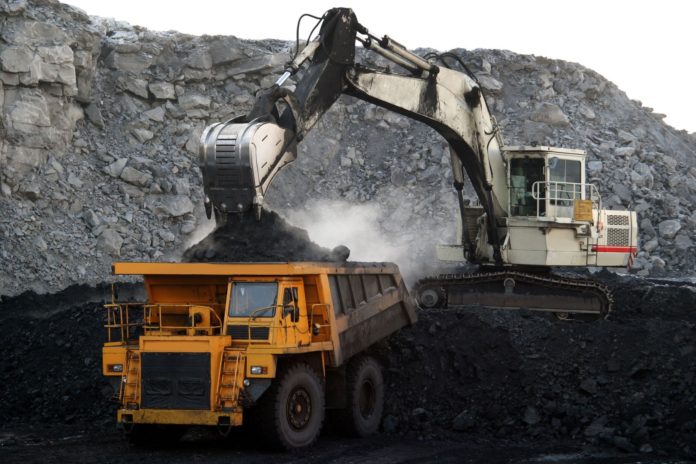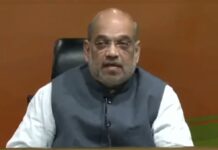Today 1st march 2017, Central Bureau of Investigation (CBI) court will hear the matter of re-investigation in coal block allocation scam in India. Two ministers, Hansraj Ahir and Praksh Javadekar from Human Resource dept. and Home Affairs filed a plea asking for the re-investigation regarding the matter. Earlier Supreme Court asked them for their final submission on the case, but they were not satisfied with the closure report and they sought for a re-investigation.
The central coal blocks allocation to a private company were started in 1993 and ended in 2010. In 2014 Apex committee termed this allocation as a scam. It was on a complaint filed by Human Resource and Development (HRD) Minister, Prakash J and Minister of State for Home Affairs, A Hansraj in 2012.
According to CAG’s report, the Government had the authority to allocate coal blocks by a process of competitive bidding but chose not to. As a result, both public sectors and private firms paid less than they might have otherwise. In the draft report of CAG in March-2012, they estimated that the “windfall gain” to the allocatees was US$160 billion. The CAG Final Report mentioned the figure at US$28 billion and submitted to parliament on 27 August 2012. Former Indian Prime minister Manmohan Singh read a report in Parliament rebutting the CAG’s final report both in its reading of the law and the alleged cost of the govt’s policies. The initial CAG report mentioned that these coal blocks could have been allocated more efficiently to all the sectors, resulting in more revenue to the government. But it couldn’t get sufficient revenue due to the involvement of corruption. After that, the question of corruption has come to dominate the discussion. In response to a complaint by Bhartiya Janta Party(BJP), the Central Vigilance Commission ordered CBI team to investigate the matter. After an investigation, the CBI has mentioned the name of a dozen Indian firms in their First Information Report (FIR). When Central Vigilance Committee (CVC) ordered CBI to investigate the matter in 2014, and set up a special CBI court to accumulate and try all the case filed on the coal allocation scam, Congress leader and industrialist Naveen Jindal, ex-Minister of State for Coal, Dasari Narayan Rao and many more politicians name was came out in the scam.
The issue received a massive media reaction and public reaction. During the monsoon session of the Parliament, the BJP protested and refused to have a debate in the Parliament and demanded the resignation of the prime minister due to the Government’s handling issue. Ultimately the Parliamentary Standing Committee (PSC) report stated on Coal blocks distributed between 1993 and 2010 were done in an unauthorized manner and allotment of all coal mines where production is yet to start should be canceled. In 2015, Coal auction helped state government earned Rs 80,000 Crore after sales of eleven coal blocks in India.




